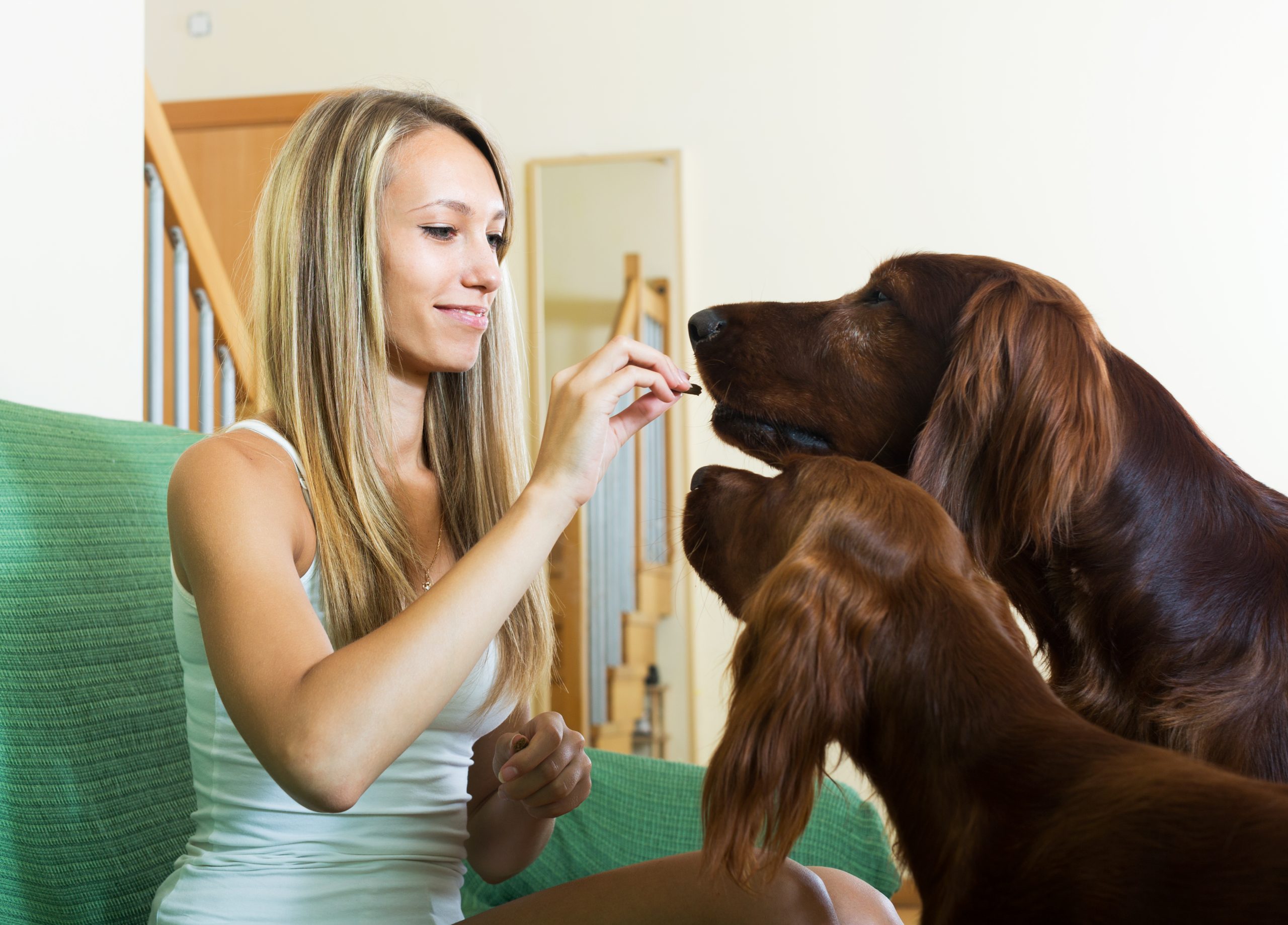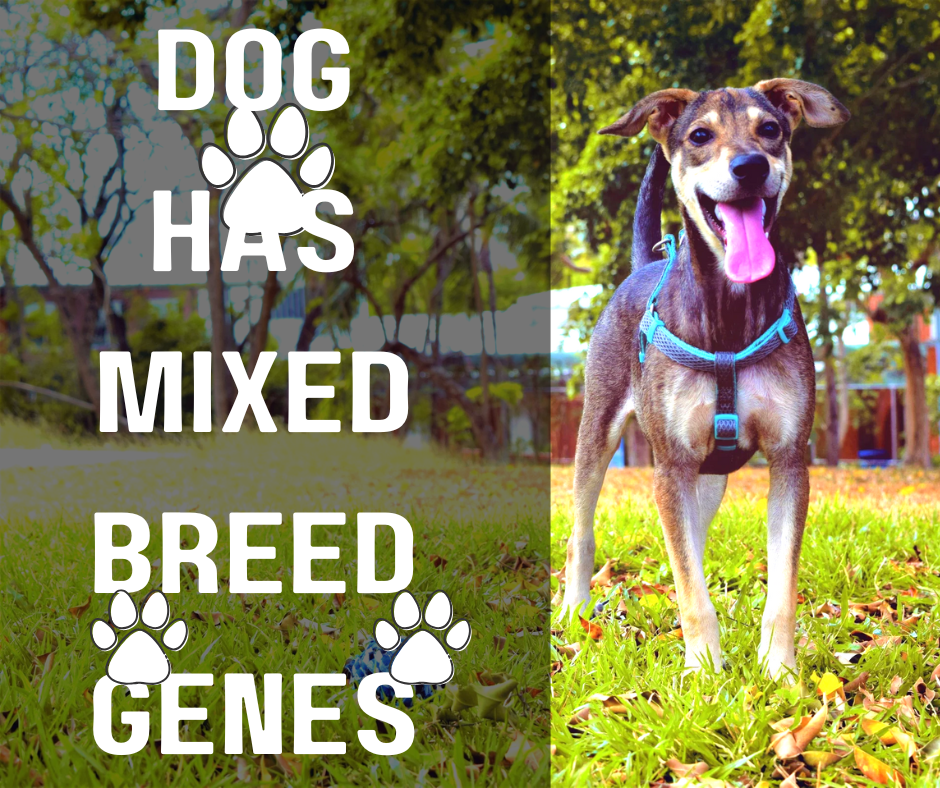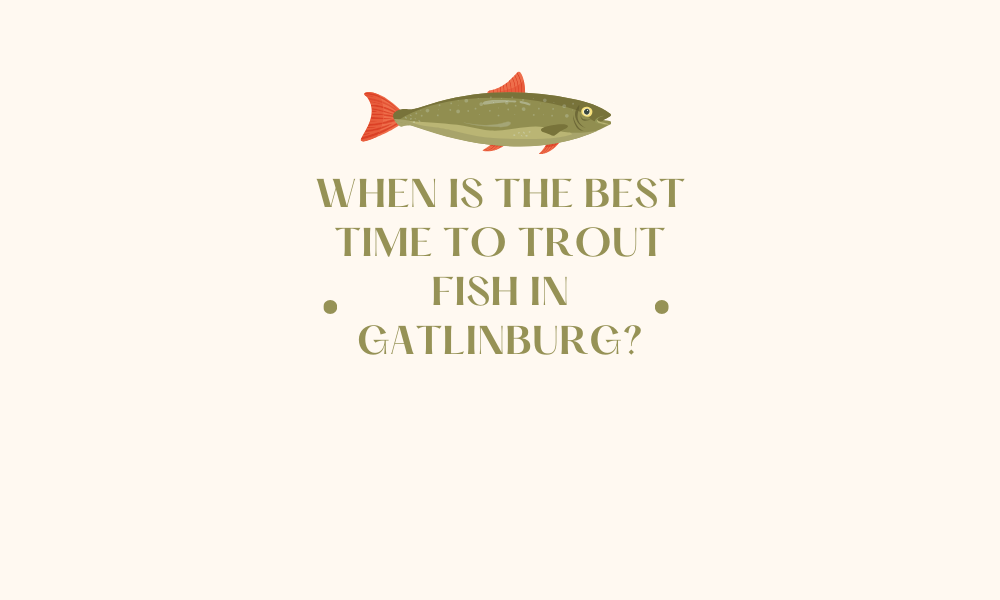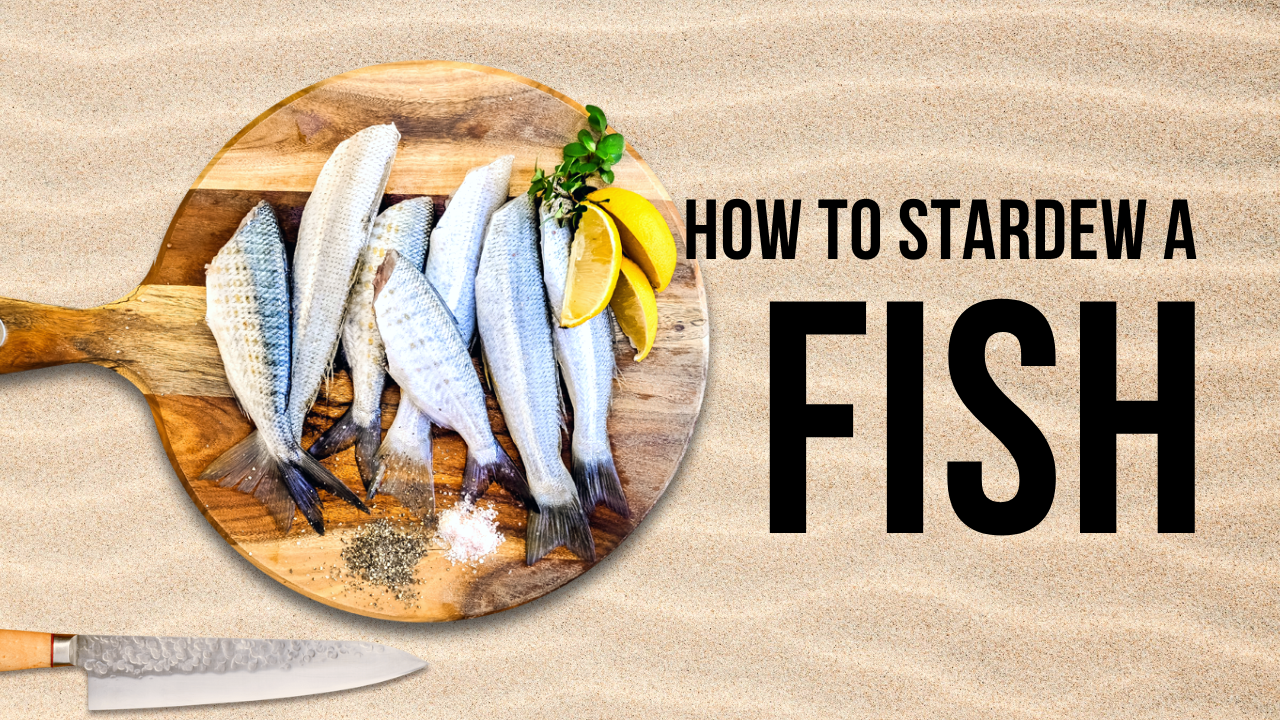To know if dogs can eat Xanthan Gum, it will be good to accumulate information about all of the statistics about the gum. As a reasonable and responsible dog owner, staying knowledgeable about the components of your pet’s food and meals is essential.
Xanthan gum is a typical meal additive in many human merchandise, raising questions about its safety for our canine companions. In this blog, we will discover whether or not xanthan gum poses any risks to dogs and provide you with a knowledgeable angle.
All you need to know about xanthan gum
Xanthan gum is a polysaccharide derived from the fermentation of carbohydrates, typically corn or soy, through the movement of the bacterium Xanthomonas campestris. It is widely used within the meals enterprise for its notable thickening and stabilizing residences, providing texture and improving shelf lifestyles.
Xanthan gum is a versatile element that may be utilized in various meal merchandise, including sauces, dressings, and baked items. It efficiently emulsifies drinks, preventing them from isolating, and creates a clean and consistent texture.
One of the predominant advantages of xanthan gum is its potential to thicken and stabilize food merchandise, even in small portions. It can create a preferred viscosity, giving food products a creamy or gel-like consistency. That is especially beneficial in foods like salad dressings, which require a regular texture.
Xanthan gum also enhances the shelf life of meal merchandise by preventing them from drying out or growing ice crystals throughout freezing. It also helps to maintain the moisture in foods and avoids spoilage.
Because of its herbal starting place and minimal processing, xanthan gum is considered secure for consumption declared by the regulatory government, which includes the U.S. Food and Drug Administration (FDA). It is non-toxic and has no considerable nutritional drawbacks.
A few people may have sensitivities or allergies to xanthan gum, experiencing digestive problems like bloating or gasoline. However, those reactions are uncommon and usually arise in people that eat big quantities or have a pre-existing digestive circumstance.
Universally, xanthan gum is a precious ingredient in the meals enterprise because of its capability to enhance texture, stabilize merchandise, and prolong shelf life. Its wide variety of features and safety makes it a popular choice for producers and consumers.
Digestibility of xanthan gum in dogs
Luckily, while fed in small quantities, xanthan gum isn’t considered toxic or dangerous to puppies. However, being attentive to the general amount ingested is essential in the case of a xanthan gum dog, as excessive consumption can result in gastrointestinal dissatisfaction.
Xanthan gum is a typical meal additive used as a thickening agent in diverse products, together with canine meals and products. While it’s far more commonly safe for puppies to devour, revealing the quantity ingested is crucial.
The digestibility of xanthan gum in dogs can vary depending on the dog’s current health condition, eating habits, and breed. In small quantities, xanthan gum is usually nicely tolerated with the aid of puppies and passes through their digestive system without any problems. It is not taken into consideration as poisonous or dangerous.
However, excessive xanthan gum intake can cause gastrointestinal upset in dogs. This could appear as symptoms that include:
- Diarrhea
- Vomiting
- Bloating
- Fuel
Puppies with sensitive stomachs or underlying digestive conditions can be more susceptible to those side effects.
To ensure your dog’s health and well-being, it’s best to moderate their xanthan gum intake. If your dog consumes a product of xanthan gum and shows any well-known digestive symptoms, it is beneficial to consult a veterinarian.
Precisely, even as xanthan gum is usually safe for dogs while consumed in small quantities, immoderate consumption can bring about gastrointestinal disenchantment. Tracking your canine’s overall facts about xanthan gum-containing products is vital to save you any digestive issues.
Potential advantages of giving xanthan gum to your canine
Xanthan gum can gain dogs’ fitness, broadly speaking, in specialized pet meal formulations. Its thickening properties can assist adjust texture, making the meals extra palatable for picky eaters. Some of the potential advantages are:
- It can balance canned food, preventing the separation of substances and enhancing the overall quality of dog foods.
- Xanthan gum can be a beneficial resource for digestion by growing the thickness of the meals, which could gradually lower the passage of food through the digestive canal and improve nutrient absorption. This may be specifically useful for dogs with sensitive stomachs or digestive issues.
- Moreover, xanthan gum is considered a prebiotic, which can stimulate the increase and pastime of beneficial bacteria within the intestine. This can aid a healthy intestine microbiome and improve the dog’s gut health.
- Another potential advantage of xanthan gum is its ability to alter blood sugar stages. It’s been determined to have a low glycemic index, which means it no longer causes rapid growth in blood sugar tiers. This may be useful for puppies with diabetes or those prone to developing diabetes.
- Furthermore, xanthan gum can act as a natural emulsifier, preventing oil and water from isolating in pet food. This will contribute to a more excellent, consistent texture and improve the general palatability of the meals.
It’s critical to observe that xanthan gum can offer these potential advantages at the same time, it ought to be used carefully and under the supervision of a veterinarian.
Some dogs may be sensitive to xanthan gum or have an underlying circumstance that could interact with its use. It’s better to seek advice from an expert to determine the appropriate use of xanthan gum for your dog’s needs.
Possible side effects of xanthan gum in dogs
At the same time, as considered distinctly secure, xanthan gum may cause digestive issues in dogs, specifically if eaten in large quantities or through puppies with sensitive stomachs.
Common signs and symptoms include diarrhea, immoderate fuel, bloating, or abdominal soreness. If your canine has any of these symptoms after consuming a product containing xanthan gum, it’s recommended to consult your veterinarian.
In uncommon cases, a few dogs may additionally have a hypersensitive reaction to this gum. Xanthan gum for dogs may obstruct a canine’s digestive system if eaten in massive quantities or in a concentrated shape.
This can cause extreme health problems and require scientific intervention, including surgical treatment, to eliminate the obstruction. Some dogs may have allergic reactions or sensitivities to xanthan gum, which is central to allergic reactions.
Those reactions can manifest as itchiness, pores, skin rashes, swelling, or problem respiration. You should monitor your dog for any signs and symptoms of an allergic reaction if they consume xanthan gum.
Moreover, there may be limited studies on the long-term results of xanthan gum intake in puppies. At the same time as it can be considered safe in small quantities, extended or immoderate intake could cause unknown adverse health consequences.
It is vital to consult your veterinarian before introducing any new food or element into your dog’s weight loss plan, including merchandise containing xanthan gum. They can offer advice tailored to your dog’s needs and guide you on the capacity dangers and blessings.
Product choice containing xanthan gum for dogs
Studying labels carefully while deciding on dog food or treats is vital. Xanthan gum can be determined in moist dog meals, canned treats, or dental chews. Search for renowned manufacturers prioritizing their components’ excellence and using xanthan gum sparsely. Consider your dog’s nutritional needs and any recognized sensitivities or hypersensitive reactions they will have.
Consulting with a veterinarian about the xanthan gum usage
Every canine is unique, and even as xanthan gum is typically safe, it’s always an excellent concept to consult your veterinarian about your pet’s nutritional issues. They could provide personalized recommendations and endorse suitable canine meal alternatives that align with your furry friend’s health necessities.
Xanthan gum is not considered toxic to puppies but provides no nutritional advantages. Puppies have one-of-a-kind dietary needs and digestive structures compared to human beings.
Feeding them a balanced diet plan formulated for their needs is essential for their health and well-being. If you consider including xanthan gum in your canine’s food, discussing it with your veterinarian first is essential.
They could evaluate your canine’s body needs and tell you whether it’s safe and valuable to encompass xanthan gum in their diet. Moreover, your veterinarian might also propose different alternatives for achieving the desired texture or consistency in your canine’s meals.
Puppy-friendly thickeners and binders can also be used rather than xanthan gum. Consulting with a veterinarian is crucial while determining your dog’s diet plan. They can offer personalized recommendations based on your dog’s precise health requirements and help you make knowledgeable selections of their vitamins.
Conclusion
Can dogs eat xanthan gum? Well! It is generally considered safe for puppies to add this gum to dog foods. However, it’s crucial to consider your puppy’s dietary needs, alternatives, and any known dietary sensitivities.
Choose professional manufacturers and consult your veterinarian if your dog gives unfavorable reactions. As a responsible pet owner, ensuring your bushy pal’s well-being is a top priority.












